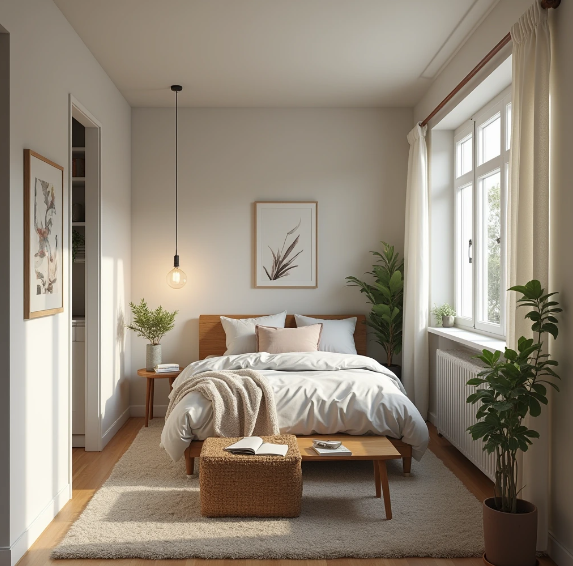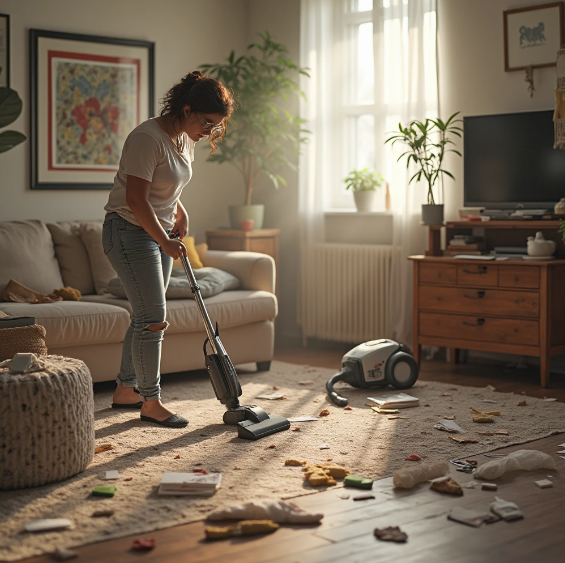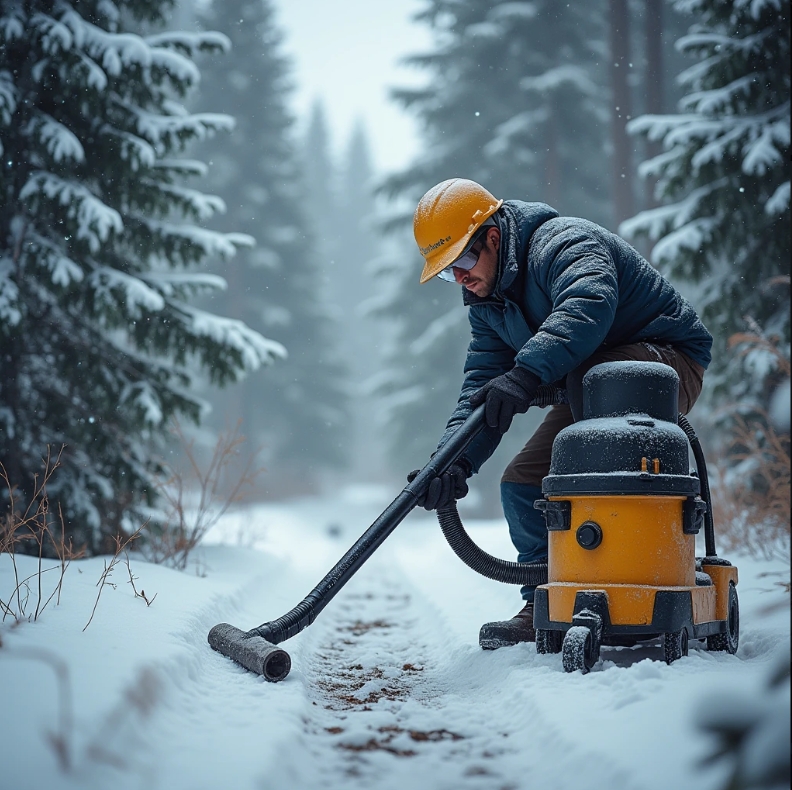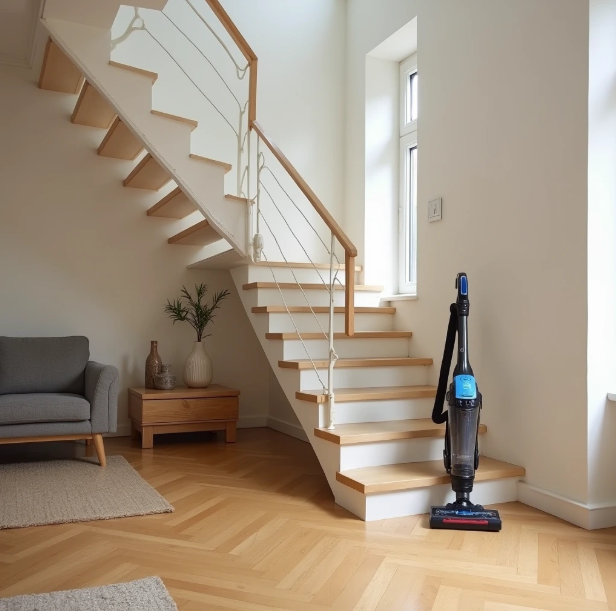Vacuuming is an essential household chore that helps maintain cleanliness and hygiene. However, the noise generated by vacuum cleaners can sometimes be a point of contention, especially in shared living environments like apartment buildings or close-knit neighborhoods. This article explores how the noise from vacuum cleaners can affect neighbors, the factors that contribute to noise levels, and practical ways to mitigate potential disturbances.
The Impact of Vacuum Noise on Neighbors
Noise pollution is a common issue in densely populated areas. Vacuum cleaners, particularly older or industrial models, can produce high decibel levels that may penetrate walls and floors. This noise can be disruptive to neighbors, especially during early morning or late evening hours when the environment is generally quieter.
Common Complaints
-
Disruption of Peace: Loud vacuuming can interrupt conversations, relaxation, or activities that require concentration, such as reading or working from home.
-
Sleep Disturbance: For neighbors with young children or night-shift workers, vacuuming at odd hours can disturb sleep, leading to complaints and strained relationships.
-
Chronic Irritation: Repeated exposure to noise, even if not overly loud, can cause chronic irritation, reducing the overall quality of life for neighbors.
Factors Contributing to Vacuum Noise
Several factors influence the noise levels produced by vacuum cleaners:
-
Motor Power and Design: High-powered motors generally produce more noise. The design of the vacuum, including the materials used for housing and insulation, also affects the sound output.
-
Type of Vacuum: Upright vacuums are often noisier than canister or stick models. Bagged vacuums tend to be quieter than bagless ones due to better sound insulation.
-
Flooring Type: Hard floors amplify sound more than carpets, which can muffle noise.
-
Maintenance and Age: Older vacuums or those in need of maintenance can produce more noise due to worn-out components or clogged filters.
Strategies to Mitigate Noise Disturbance
Fortunately, there are several ways to minimize the impact of vacuum noise on neighbors:
1. Choose a Quiet Vacuum Cleaner
When purchasing a new vacuum, consider models that are specifically designed to operate quietly. Look for vacuums with noise levels below 70 decibels (dB), as these are less likely to disturb neighbors.
-
Examples of Quiet Vacuums: Brands like Miele, Dyson, and Shark offer models with reduced noise output. Many of these models include sound-dampening materials and advanced motor technologies to minimize noise.
2. Schedule Vacuuming Times Considerately
Being mindful of when you vacuum can greatly reduce the chances of disturbing neighbors. Avoid vacuuming early in the morning or late at night. Instead, choose times during the day when ambient noise levels are higher.
3. Use Soft Flooring
If possible, use area rugs or carpets in rooms where you vacuum frequently. These can help absorb sound and prevent it from traveling to adjacent units or rooms.
4. Maintain Your Vacuum Cleaner
Regular maintenance can keep your vacuum running efficiently and quietly. Clean or replace filters as needed, and check for worn-out parts that might contribute to excessive noise.
5. Consider Soundproofing
If noise is a significant concern, consider adding soundproofing elements to your home. This could include thicker carpets, wall hangings, or even professional soundproofing panels.
Communicating with Neighbors
Open communication is key to resolving noise-related issues. If you are aware that your vacuuming might disturb your neighbors, consider discussing it with them to find a mutually agreeable solution. Likewise, if you are on the receiving end of noise, approach your neighbor politely to express your concerns.
While vacuuming is a necessary task (see products on Amazon here), it’s important to be considerate of how the noise may affect those around you. By choosing quieter vacuum models, scheduling vacuuming times thoughtfully, and maintaining your equipment, you can reduce noise disturbances and maintain good relations with your neighbors. Being mindful of these factors ensures a harmonious living environment for everyone involved. If you want to learn more about vacuums cleaners, follow us at bestvacuumsguide.com.







